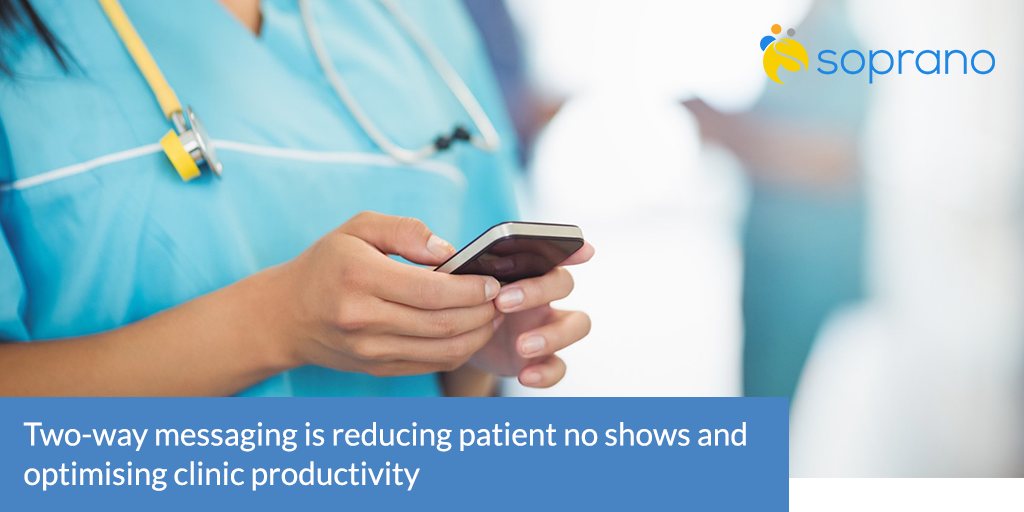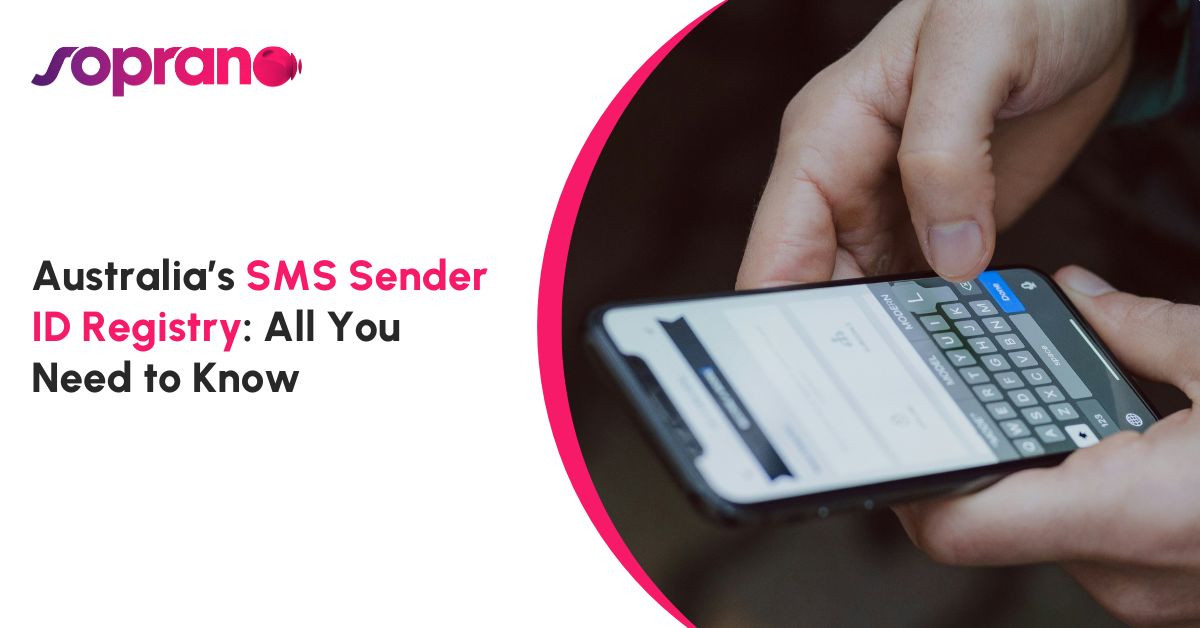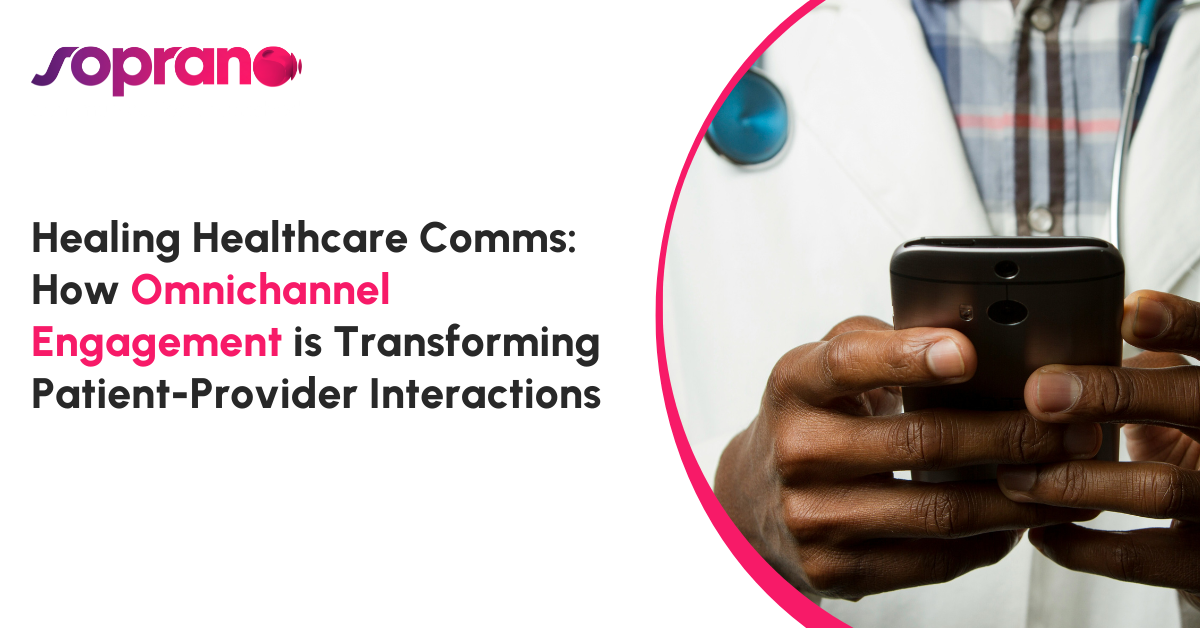
There’s no better way to find out about a service than to hear real life stories about how other businesses, or in this case healthcare organisations are using and benefitting from it. We would like to share two great case studies; the first from one of the largest paediatric hospitals in the UK and the other from a large CCG based in the Midlands.
Two-way messaging for hospitals
One of the largest paediatric hospitals in the UK uses our two-way messaging service, MEMS to send appointment reminders to patients, enabling them to confirm, cancel or reschedule their appointment. The project has been such a success that they’re now rolling out two-way messaging across 27 departments and are creating new use cases as a result.
Previously, the hospital staff used one-way messaging capabilities such as NHS Mail to schedule appointments and had to call patients to follow-up and confirm appointments. If patients don’t arrive, Clinicians and Specialists are wasting valuable appointment slots. Missed appointments are a massive drain on hospital resources and result in longer wait times for other patients. The whole process, from start to finish was extremely timely and costly.
Since the hospital implemented the Soprano MEMS two-way messaging system, they have seen vast improvements across the board. MEMS has allowed the hospital to future proof themselves by revolutionising how they communicate with patients and staff.
Soprano has worked closely with the hospital to help simplify their communication workflows. They’ve achieved this by reducing the need for hospital staff to call or send out letters to patients to schedule appointments. It also reduces the number of patients simply not turning up for their designated appointment or cancelling their booking at the last minute causing wasted Clinician time and costing the hospital money and resource.
The new workflow involves the hospital sending text reminders to patients’ nominated mobile phones. This solution allows hospitals to send their patients a reminder seven days before an appointment, with another message reminder sent two days before. The intention of this two-text communication is to get a fast response from patients, which plays a part in reducing DNA rates. Receiving a ‘Yes’ or ‘No’ reply from patients, confirming if they can attend their appointment, gives a hospital time to fill any vacant slots. This improves clinic workflow and, most importantly, it allows doctors with gaps in their schedule to replace these with new patients.
MEMS is helping the hospital reduce the administrative time spent by hospital staff on communicating with patients to schedule appointments whilst also reducing the number of patients who don’t turn up for their designated appointment or cancel their booking at the last minute.
Initially, MEMS was introduced into three key departments and it has now been rolled out across 27 departments, sending close to 1500 texts per day. The service has also reduced patient cancellation rates by 4%.
Two-way messaging for CCGs
A hospital based in the Midlands, responsible for providing healthcare to over 290,000 patients with 40 GPs in the local area, has recently started using our two-way messaging platform, MEMS. After finding inconsistencies in the way their GPs were communicating with patients, they decided to increase their use of interactive text messaging to help them work smarter and to improve workflows and patient communication.
In early 2018, the healthcare provider decided it needed a new approach for communicating with patients. With such a large catchment area, time and resources spent communicating with patients was substantial and growing. Administration staff were spending more time following up with patients over the phone ahead of scheduled appointments, with no-shows common; patients were being handed paper pamphlets to read that often ended up in the bin and there was inconsistency in how GPs should communicate with their patients. Communication processes were laborious, timely and largely paper-based which was draining hospital resources.
The CCGs’ Primary Care Transformation Manager said, “Some of the GPs were using a text message system, but they had to pay for it themselves. The inconsistency of processes meant the patient experience was irreconcilable, which meant they could receive messages in different ways, or not at all. All practices have an obligation to get feedback from their patients and getting the patients to engage in that is quite tricky sometimes,” she adds. “To try and make the feedback processes easier, check-in screens were added to the front desk at centres but that didn’t prove to be the most effective way of increasing patient engagement.”
The hospital implemented the MEMS two-way text messaging system which provided a consistent platform for the GPs to use when contacting patients and helped create a streamline workflow. It enables the hospital to send a secure text messages to someone with important information, such as an appointment reminder and for the patient or customer, to be able to easily reply.
This system has introduced consistency to the way CCGs’ medical partners communicate with their patients across the city, reducing the amount of time administrative staff would have to spend on the phone contacting patients.
This also works with bulk messaging for appointments such as regular health checks. Instead of staff calling patients to book them in, they can now do so by text message. A staff member can create a template to invite a patient for a health check. This text message can then be sent to a list of patients and if a patient replies “Yes” to the message, they can then be contacted to arrange an appointment. This process massively cuts down on staff time.
MEMS is also helping the CCG reduce no shows with simple text reminders which are automatically sent before each appointment. The text message asks if the patient will be attending the appointment or if they’d like to reschedule or cancel. The admin staff now only have to follow-up with the patients who don’t reply. This is improving their workflow and, perhaps most importantly, means doctors with gaps in their schedule can now replace these with new patients. Despite the number of registered patients in the CCG increasing, the Trust has been able to offer more appointment times to patients because of the workflow improvements and reducing on wasted appointment slots.
The Trust is now seeing a response rate of 85%, which is above the national average and MEMS has also increased the number of people who watch its Self Help videos by a massive 270%. Feedback from patients, GPs and medical staff has been equally positive.
For more information or to discuss how two-way messaging could benefit your hospital, practice or CCG, please get in touch.


